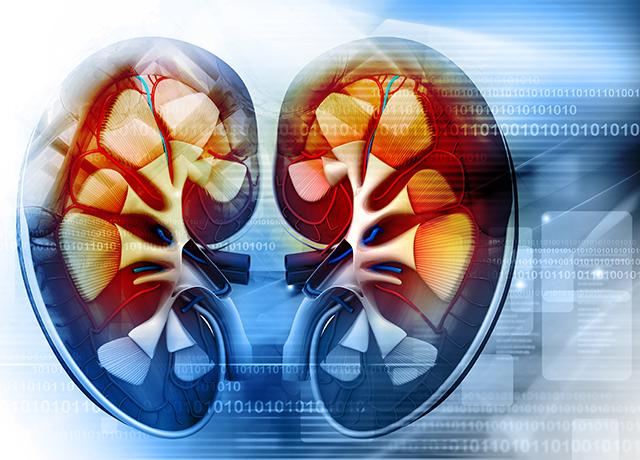Clinical Track (2 years)
The objective of the clinical track is to prepare fellows for either academic or community-based clinical practice in nephrology. In addition to receiving broad exposure to clinical nephrology, several pathways exist that allow fellows on this track to develop a subspecialty focus and receive protected time to pursue a mentored scholarly activity.
Clinical, Translational , and Basic Science Research Track (3 years)
The Clinical and Translational Research Track prepares fellows for an academic career in clinical or translational science. Following their first clinical year, trainees have 2 years of mentored research training supported by our NIH TL1 training grant.
Most fellows in this track leverage the extensive research training opportunities at the University of Washington’s School of Public Health, Kidney Research Institute, Center for Dialysis Innovation, Department of Global Health, or VA Puget Sound’s Health Services Research & Development Center of Excellence. To be eligible for our NIH TL1 training grant, trainees must be U.S. citizens or permanent residents.
The objective of the Basic Science Research Track is to prepare fellows for an independent career as a physician-scientist. This three-year program starts with a first clinical year followed by two years of mentored research training. This track allows trainees to acquire skills predominantly in the molecular, biochemical, and cellular aspects of kidney-related research and to understand how this basic research translates from bench to bedside. Our NIH TL1 training grant supports most individuals undertaking basic research training during their research years.




